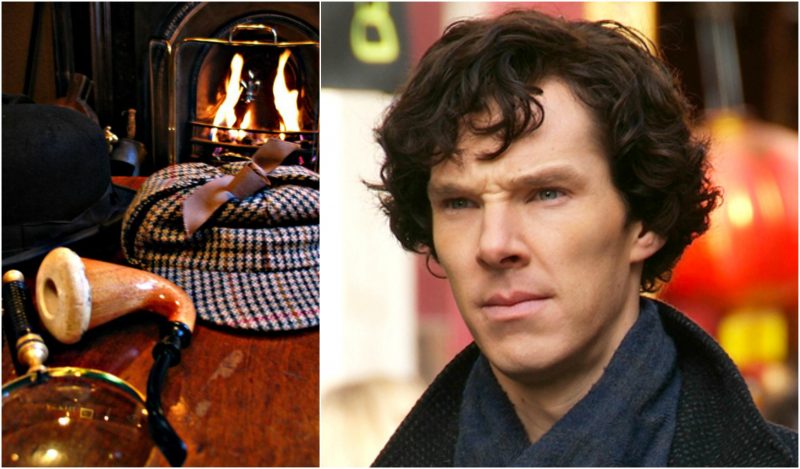The fourth series of the fantastic BBC show Sherlock is set to return at the beginning of 2017. In light of the recently released trailer for the new season of this amazing show, here are some curious facts about the great fictional detective:
1 Sherlock Holmes has an estimated IQ of around 190
In a book called The Intelligence of Sherlock Holmes and other Three-pipe Problems, John Radford attempts to calculate Sherlocks’s IQ by using three different methods. He concluded that his IQ is 190. According to this, he and his countryman, Sir Isaac Newton have the same IQ.
2 The meaning of the name of the famous detective has something to do with hair
According to most sources, Conan Doyle probably took the name from an English surname meaning “shear lock,” originally referring to a person with closely cut hair. Some people speculate the inspiration for the name was Alfred Sherlock, a famous violinist. According to others, it’s a combination of two famous cricketers: Sherwin and Shacklock.
3 Holmes is the most portrayed fictional human character

The Guinness Book of Records says that Sherlock Holmes appeared in a total of 254 movies and TV shows. The Internet Movie Database (IMDB) has an even bigger number – they mention 292 appearances in films and TV shows. At least 90 different actors have taken the role of Sherlock in TV shows and movies alone. Combined with all of the web and radio shows this number can go up to at least 1000. There is one other fictional character that is portrayed in movies even more, and he’s not exactly human: Dracula.
4 Sherlock Holmes is the inspiration for many real-world detective techniques
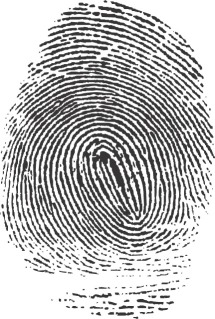
Many of the standard investigation techniques used today have in fact been mentioned in the Sherlock Holmes novels before they were used in real life. Fingerprints, for example, were employed by Sherlock in 1890. The first recorded use of fingertips on a case is in Argentina, and it happened in 1893. Scotland Yard started using them in 1901.
Holmes is also the first detective to determine muzzle-to-garment or muzzle-to-target distance. He did it in 1893, and it was implemented in a case in 1898
5 There is no real 221B Baker Street address
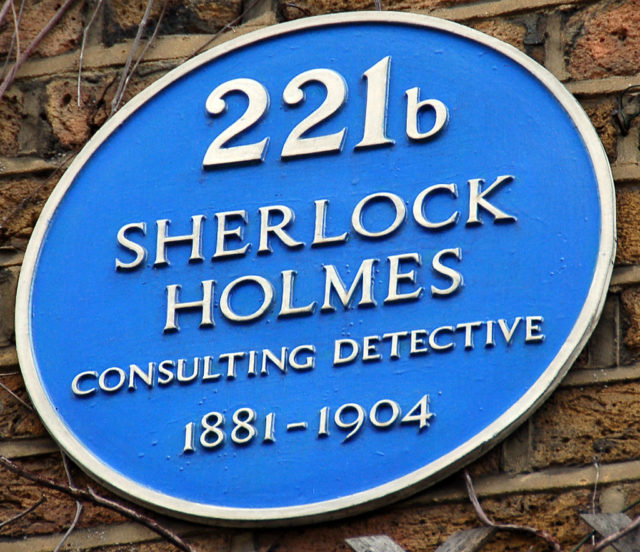
During the time in which Holmes would have lived, Baker Street was very short, with numbers up to #85. After a city-planning change was made in 1930, this whole main street in Westminster was renamed Baker Street. For a short time, an old house on Upper Baker Street was designated as #221, but it was demolished after a few months.
Today, however, the famous address exists. The house that goes by this number is a private museum dedicated to Holmes. The Sherlock Holmes Museum in London opened in 1990. The museum is situated in Baker Street number 221b, the address of the fictional detective, although its actual address is between numbers 237 and 241.
6 Holmes never wore a deerstalker cap.
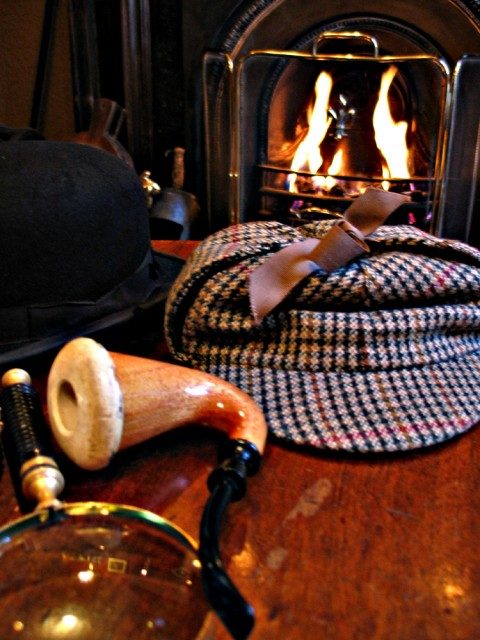
The famous deerstalker hat that Holmes wears on his investigations was not part of the stories. It was how illustrator Sidney Paget, who drew the illustrations for the Strand magazine Holms stories from 1891, envisioned the great detective. The hat is not mentioned in the stories written by Conan Doyle. Another thing he didn’t use is the calabash pipe. In the stories, he wore a Victorian cloth cap and smoked a clay briar pipe.
7 Mycroft rarely appears in the original Holmes stories.
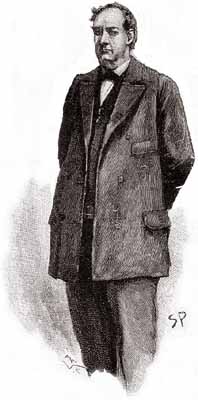
Mycroft Holmes, the elder brother of Sherlock, is an amazing character. He is described as having abilities of deduction and knowledge exceeding even those of his brother He often appears in BBC’s Sherlock, portrayed by Mark Gatiss. Although he’s one of the stronger characters in the Holmes Universe, he only appears in two stories from the Doyle literary canon: “The Greek Interpreter” and “The Bruce-Partington Plans”. Besides this, he is just referred to in two other stories.
8 The Hound of the Baskervilles
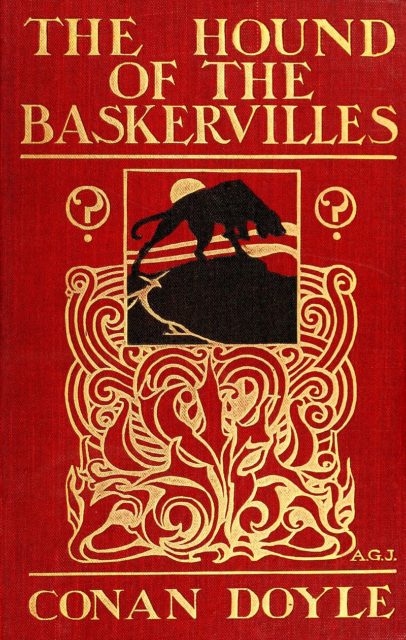
The dreadful story about the Baskerville family who are tormented by the legendary curse of a supernatural hound is one of the most filmed Sherlock Holmes stories. When it first appeared in the Strand magazine from August 1901 to April 1902, they increased sales by 30,000 copies. Until today, Over 20 film and television versions of “The Hound of the Baskervilles” have been made.
Here is the new trailer for the fourth season of Sherlock:
https://www.youtube.com/watch?v=WbwmieiufHg
